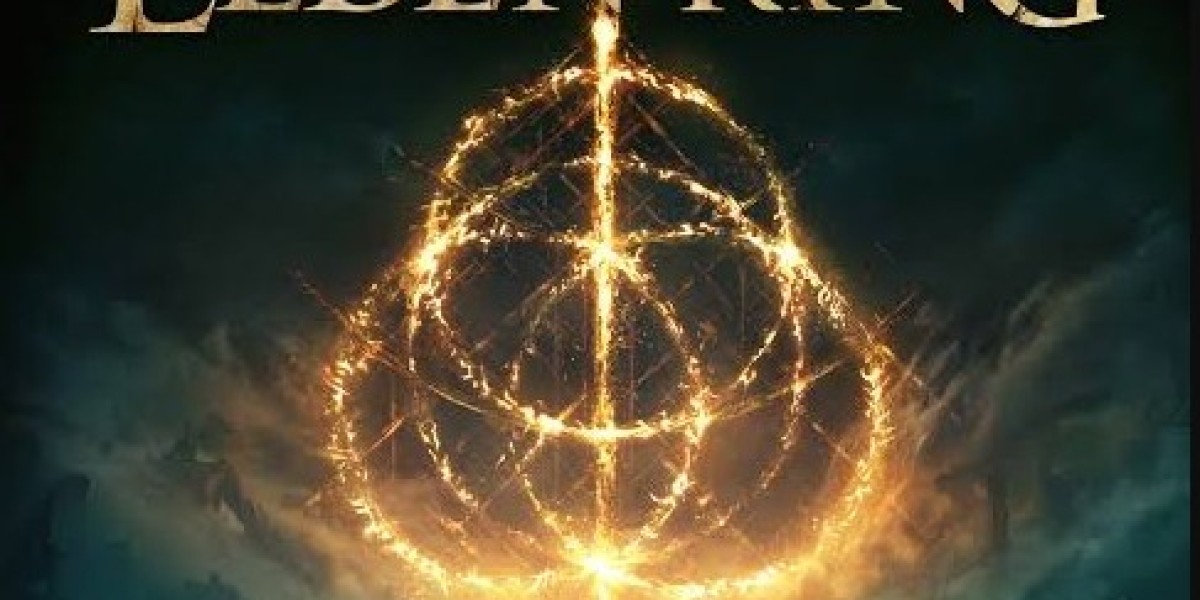The digital age has ushered in an era of unprecedented innovation, and at the forefront of this revolution is the advent of Non-Fungible Tokens (NFTs). NFTs have taken the online world by storm, transforming the way we perceive ownership, art, and commerce in the digital realm. This article delves into the phenomenon of NFTs online, exploring their origins, significance, and impact on various sectors.
Understanding NFTs: A Primer
Non-Fungible Tokens, or NFTs, are unique digital assets verified using blockchain technology. Unlike cryptocurrencies such as Bitcoin or Ethereum, which are fungible and can be exchanged on a one-to-one basis, NFTs are indivisible and unique. Each NFT contains distinct information, making it irreplaceable and perfect for verifying ownership of digital items.
The concept of NFTs can be traced back to 2017 with the launch of "CryptoKitties," a blockchain-based game where users could buy, sell, and breed unique digital cats. This project demonstrated the potential of NFTs, setting the stage for their explosive growth in various online domains.
The Rise of NFTs in Digital Art
One of the most significant impacts of NFTs has been in the realm of digital art. Artists have long struggled with issues of copyright infringement and the devaluation of digital creations due to easy replication. NFTs have provided a solution by enabling artists to mint their works as unique digital assets, ensuring authenticity and ownership.
Platforms like OpenSea, Rarible, and SuperRare have become hotspots for digital art transactions. Notably, the digital artist Beeple made headlines when his NFT artwork "Everydays: The First 5000 Days" sold for an astonishing $69 million at a Christie's auction in 2021. This sale not only underscored the monetary potential of NFTs but also highlighted their growing acceptance in the traditional art world.
NFTs and the Music Industry
The music industry, too, has embraced NFTs as a means to revolutionize distribution and monetization. Musicians and producers are using NFTs to sell exclusive content, concert tickets, and even share rights to songs. By minting music-related NFTs, artists can establish a direct connection with their audience, bypassing intermediaries and retaining more control over their work.
One notable example is the band Kings of Leon, which released their album "When You See Yourself" as an NFT, offering exclusive perks such as limited-edition vinyl and concert tickets. This innovative approach not only generated significant revenue but also showcased the potential for NFTs to reshape the music industry.
Gaming and Virtual Worlds
The gaming industry has been quick to integrate NFTs, leveraging their unique properties to enhance in-game experiences and economies. In virtual worlds and games like Decentraland and Axie Infinity, players can buy, sell, and trade virtual assets such as land, characters, and items as NFTs. This introduces a new dimension of ownership and value, where digital assets hold real-world economic significance.
Axie Infinity, for instance, allows players to collect, breed, and battle creatures called Axies, which are represented as NFTs. Players can earn cryptocurrency by participating in the game's ecosystem, blurring the lines between gaming and real-world financial opportunities.
NFTs and Intellectual Property
Beyond art and entertainment, NFTs have profound implications for intellectual property (IP) rights. By tokenizing IP, creators and inventors can securely register and trade their patents, trademarks, and copyrights. This innovation streamlines the process of licensing and selling IP, reducing the risk of infringement and providing a transparent record of ownership.
NFTs also offer a novel way to manage royalties and revenue sharing. Smart contracts, which are self-executing contracts with the terms directly written into code, can be programmed into NFTs to automatically distribute royalties to creators whenever their work is resold. This ensures that artists and inventors receive fair compensation for the continued use of their IP.
Challenges and Criticisms
Despite the enthusiasm surrounding NFTs, they are not without challenges and criticisms. One of the primary concerns is the environmental impact of blockchain technology. The energy consumption associated with minting and trading NFTs on platforms like Ethereum has raised alarms among environmentalists. Efforts are underway to address this issue, including the development of more energy-efficient blockchain solutions.
Another criticism is the speculative nature of the NFT market. The skyrocketing prices of some NFTs have led to fears of a bubble, with skeptics questioning the long-term value of digital assets. Additionally, the market's volatility can pose risks to investors and creators alike.
The Future of NFTs Online
The future of NFTs online looks promising, with potential applications extending far beyond the current use cases. As technology evolves, we can expect NFTs to play a crucial role in emerging fields such as virtual reality (VR), augmented reality (AR), and the metaverse. These digital spaces will likely rely on NFTs to establish ownership and value for virtual goods and experiences.
Moreover, the integration of NFTs with decentralized finance (DeFi) could unlock new opportunities for lending, borrowing, and staking digital assets. NFTs could serve as collateral for loans or be fractionalized, allowing multiple investors to own a share of a high-value asset.
In conclusion, NFTs have revolutionized the concept of ownership and value in the digital age. From art and music to gaming and intellectual property, NFTs are reshaping industries and creating new opportunities for creators and consumers alike. While challenges remain, the ongoing innovation and adoption of NFTs suggest that they will continue to play a pivotal role in the online world, driving the next wave of digital transformation.



